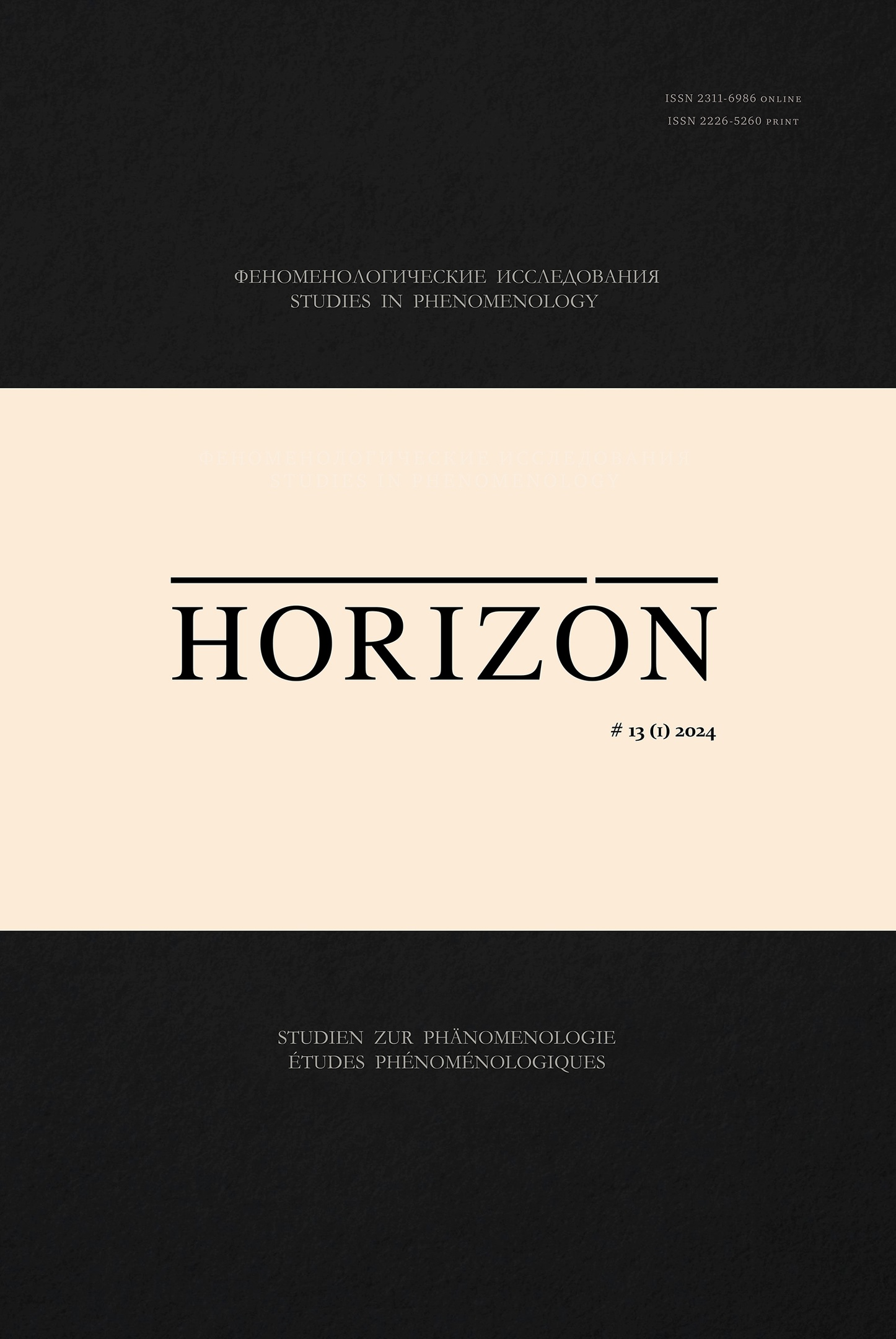Нативизм, Трансцендентализм и Феноменология: Еще раз о не-расположении источника опыта в мире
Nativism, transcendentalism and phenomenology: Revisiting the non-placement of the source of Phenomenal experience in the world
Author(s): Diana GASPARYANSubject(s): History of Philosophy, Philosophical Traditions, Metaphysics, Epistemology, Phenomenology
Published by: Издательство Санкт-Петербургского государственного университета
Keywords: nativism; empiricism; innate knowledge; naturalism; transcendentalism; argument from poverty of stimulus; argument from certainty; generative linguistics; innate grammar;
Summary/Abstract: Nativism as a theory that interprets certain abilities and ideas as innate [The contexts we will consider prefer to speak precisely of innateness in the sense of New European philosophical discussions and avoid the notion of “a priori”/“a posteriori”, respectively, and we will stick to this terminological pair.], is considered by some contemporary philosophers as an echo of outdated philosophical approaches. Critics for the most part reproach it for being unscientific and metaphysical. In one of its most extreme forms, nativism is accused of mysticism and lack of evidence. At the same time, a number of very authoritative thinkers openly call themselves nativists and defend this trend in philosophy, cognitive sciences, linguistics and other fields of knowledge (Chomsky, McGinn, Lawrence and Margolis). The main aim of this paper is to analyse the contemporary polemic between empiricists and nativists. It will be shown that the main polemical knot around which the debate unfolds can be easily untied through a transcendentalist interpretation of nativism. In particular, an appeal to phenomenology can help to notice the importance of the idea of the non-essentiality of the source of experience to experience. Phenomenology, which preserves the idea of this non-essentiality, has in mind a radical break with the ontology of natural objects, and will not, in particular, deduce innate knowledge from evolutionary mechanisms, nor will it place it within the biological structure of organisms (e.g., the brain or the neural processes in it). It remains to be shown that most of the positions and refutations of modern nativism are based on a misunderstanding of the classical“ overcoming” of the dispute between empiricism and rationalism by transcendentalism and transcendental phenomenology, as well as the requirement of transcendentalism and transcendental phenomenology not to place the source of experience in the same world in which we locate experience itself. The study is to consider what the modern nativist view must look like in its transcendentalist interpretation in order to be a worthy opponent to modern empiricism.
Journal: Horizon. Феноменологические исследования
- Issue Year: 13/2024
- Issue No: 1
- Page Range: 150-176
- Page Count: 27
- Language: Russian

